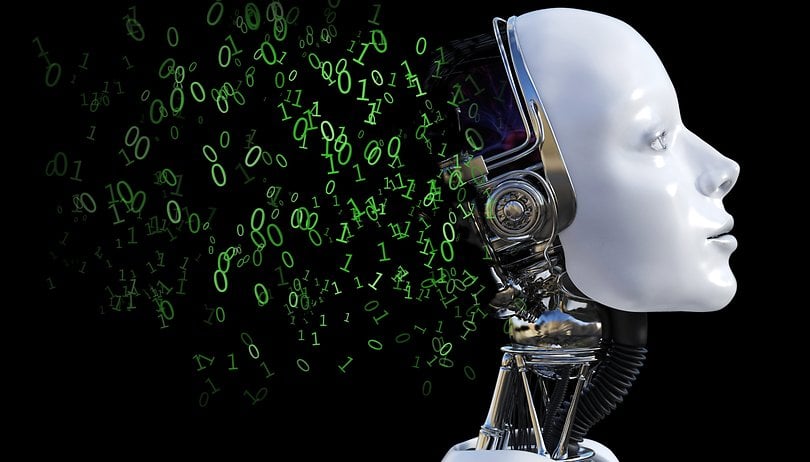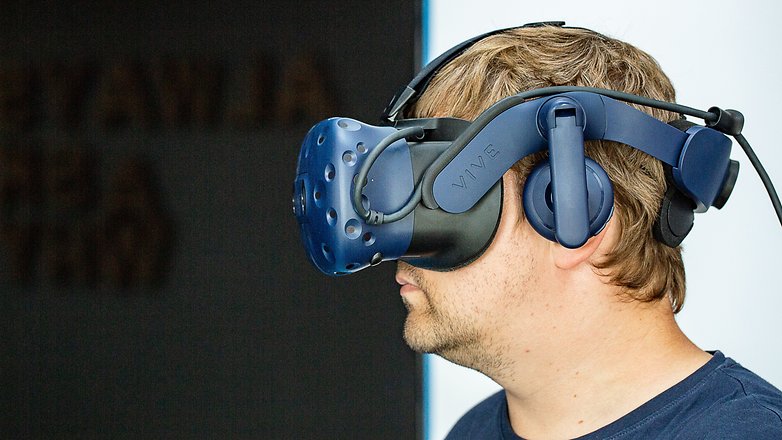AI-powered language learning is more than just a buzzword


Read in other languages:
Artificial intelligence is creeping into all kinds of markets these days. One of the most interesting is AI-powered language learning. We spoke to Armin Hopp, co-founder and President of Speexx, the first intelligent language learning platform for the digital workplace, to find out more.
The private consumer market is full of language learning apps that proclaim to be using AI to help people learn foreign languages. Last week, Speexx is completely aimed at international enterprise customers, and Armin Hopp explained to me why AI is more than just a buzzword at his company.
"I do think AI is used too often where we actually mean programmed queries on big data sets. That's what marketing does,” said Hopp. “What we did, was to completely rebuild our entire tech ecosystem from scratch starting four years ago. It has been a huge effort but now we have a great foundation that really uses AI to benefit users and our customers."
Hopp explains how Speexx made a pivot in the way it develops software, essentially starting over and replacing one legacy bit after the other, before eventually dumping basically all technology it had. One result of this switch is a booking system for virtual training that uses AI to automatically match users and coaches based on learning behavior, language level, job role and title, trainer profile, interests and more.
It’s a common theme in the language learning market, where artificial intelligence is being used to provide a more personalized product. After all, everyone learns at different speeds and in different ways, and these companies are starting to understand that the one size fits all products of the past are not optimal.
Hopp told me that the Speexx learning feed uses AI to provide personalized learning and spaced repetition for vocabulary training, as well as for writing and listening skills and even pronunciation. "For pronunciation training, we developed a proprietary speech recognition software specifically for the purpose of learning a language. We also use AI to predict user behavior," he said.
One example of this is the intelligent system response to potential drop-outs. Based on data from more than eight million professional users, Speexx’s AI identifies user behavior patterns and then takes personalized action to prevent users from dropping out.
"I do think AI is used too often where we actually mean programmed queries on big data sets."
With all of this AI in language learning, I wanted to ask Armin Hopp if he envisaged a future where artificial intelligence can eventually replace teachers and conversation partners for language learners.
"That's a matter of definition. We need to be clear whether we are talking about learning a language or learning to communicate," he said.
"Of course, there will be tech within the next 10 years or so that will help users to learn a language. It will be able to mimic conversation, point out and analyze mistakes, write on whiteboards, all things that teachers do."
Hopp also explained how we will have AR and VR that takes us to any place to learn a language in a geographical or role-based context. So if you were learning Italian, you could go to practice your skills in a virtual Rome or Milan.

Deep learning in speech recognition is at a pivotal stage at the moment, Hopp says, that yes, machines will be able to talk to and understand us. "It works with Alexa, so why should we not use tech for testing and teaching languages," he asks.
Teacher-student communication is changing rapidly in tech-driven learning environments. Hopp tells me that most of this learning happens in informal peer groups. "Tech will have to provide the environment to facilitate collaboration – guided by sense, and this will be a human for the next couple of years."
So although we are not quite ready for 100% artificial intelligence language teachers, some in the private consumer space and the enterprise market are already using AI throughout their platforms. It will be interesting to see how this develops as the intelligence of our virtual assistants expands further.
As someone who has learned - with varying levels of success - two foreign languages out of necessity, not passion, I personally welcome all the help I can get from technology. If artificial intelligence can make language learning a little less arduous, that can only be a positive.
Have you used tech to help you learn a foreign language? Share your experiences in the comments below.




















I just know one power that works when learning, power of the spirit.